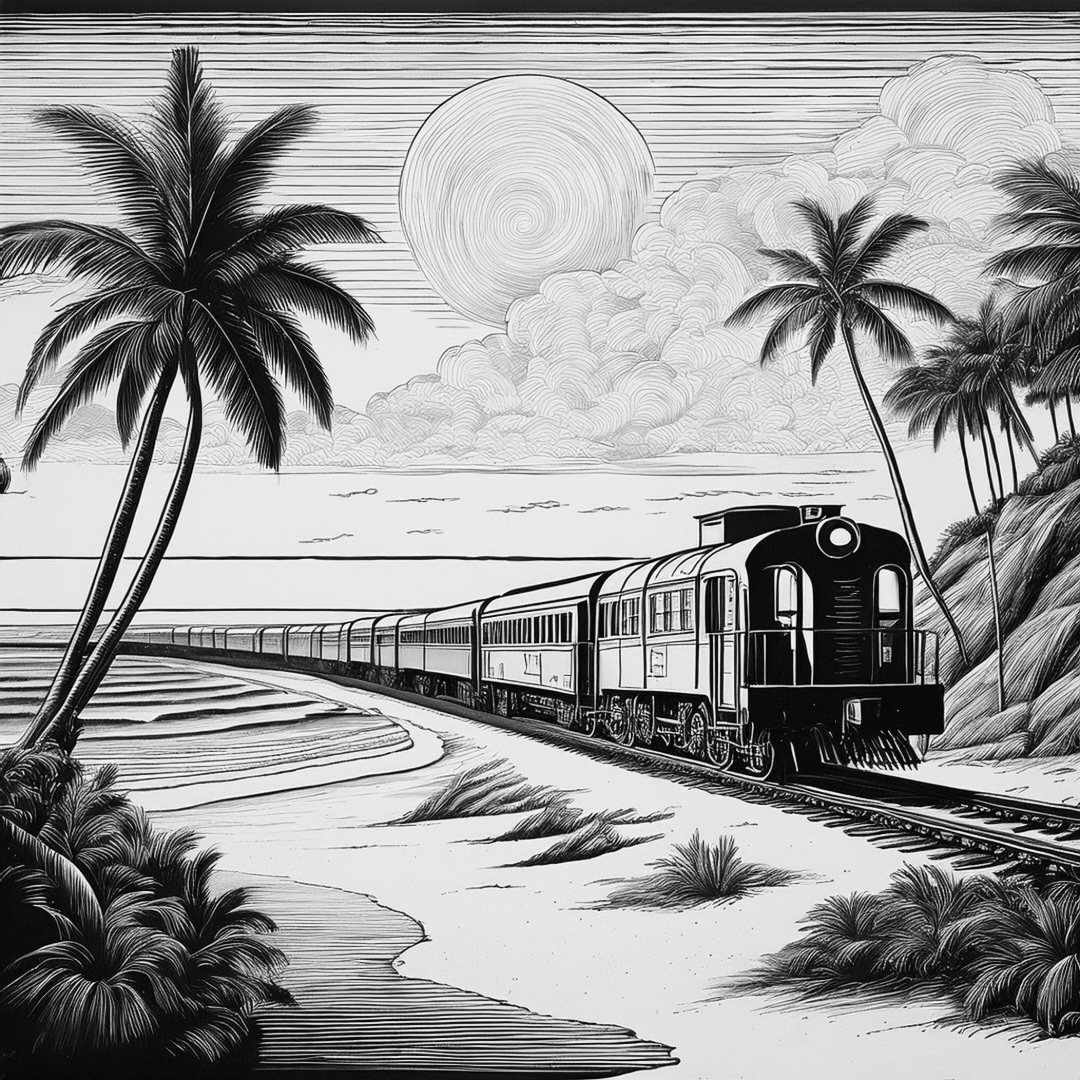MOBILE, Ala. — After nearly 20 years of waiting, residents of the Gulf Coast will soon be able to board a train in Mobile and arrive in New Orleans in just a few hours, thanks to the long-anticipated reopening of the Amtrak line that was closed after Hurricane Katrina. U.S. Transportation Secretary Pete Buttigieg will visit Mobile this week to celebrate the restoration of this vital link between two of the South’s most vibrant and culturally rich cities.
The revival of the route, which has been in the works for years, is part of a broader push to expand passenger rail in the United States. With stunning views of the Gulf of Mexico, the Amtrak service is expected to draw tourists, commuters, and locals alike who want an easy way to travel between these two iconic Southern destinations.
For Mobile residents, the reintroduction of the Amtrak line offers a convenient escape to the eclectic streets of New Orleans, where vibrant music, world-class food, and centuries-old architecture await. On the other side, New Orleanians can hop on the train for a day trip or weekend getaway to the scenic coastal town of Mobile, known for its historic charm, seafood, and the birthplace of America’s Mardi Gras celebrations.
Travelers will enjoy the convenience of stress-free transportation without the need to drive along I-10, which is frequently congested. The rail line offers the promise of a relaxing trip, where passengers can sit back, enjoy a scenic view of the bayous, and arrive at their destination refreshed.
The new Amtrak service is expected to spur economic development in both cities. Mobile Mayor Sandy Stimpson hailed the project as “a game-changer” for tourism, commerce, and job growth along the Gulf Coast. Small businesses and local restaurants are expected to benefit from increased tourism, while commuters gain a new option for work-related travel between the cities.
Buttigieg has emphasized the environmental benefits of passenger rail, noting that it is a more sustainable mode of transportation compared to cars. “This is not just about convenience,” he said. “It’s about cutting down on emissions and creating a greener future for the region.”

